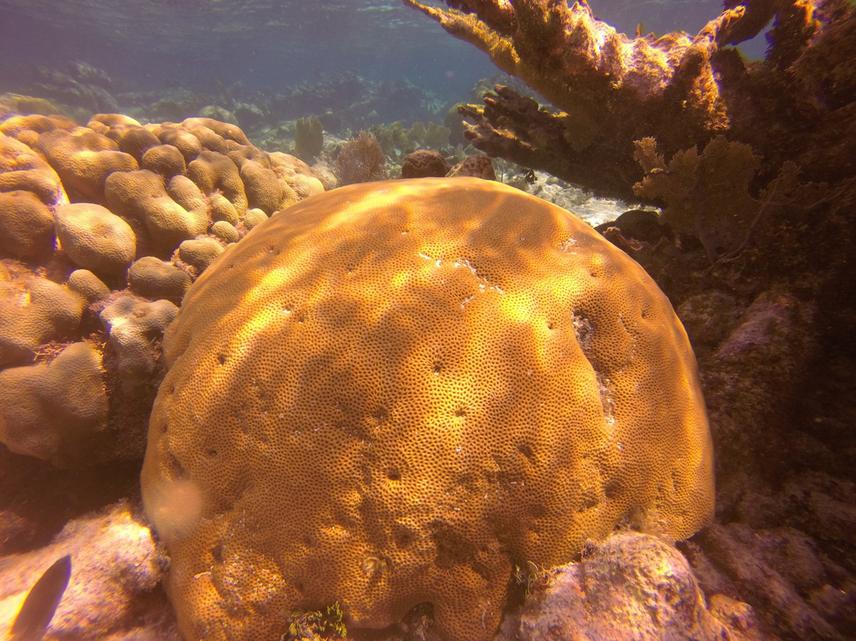Justin H Baumann
Other projects
10 Sep 2015
Continuing Research on Coral Acclimation on the Belize Barrier Reef System Using Thermal History and Holobiont Physiology
2 Nov 2016
Continuing Research on Coral Acclimatization on the Belize Mesoamerican Barrier Reef System
21 Feb 2018
Continuing Research on Coral Acclimatization on the Belize Mesoamerican Barrier Reef System
29 Apr 2019
Implementation and Scaling of Science-Based Approaches to Coral Restoration in Belize
My project aims to assess the acclimation ability of corals from areas of locally extreme temperature to temperature stress within the Belize Barrier Reef System. Acclimation and resilience will be tested via manipulative tank experiments and transplant experiments.

As the climate continues to change and oceans warm the world’s corals are more at risk. It has become increasingly important to understand how corals will cope during this climate change interval. This study aims to do just that, by testing the acclimation ability of corals from extreme environments in Belize. Investigating the acclimation and/or adaptive potential of corals from the warmest and coolest reef areas in Belize will further our knowledge of coral resistance and resilience to temperature stress in the Caribbean and beyond. More research is needed on this vital topic as reefs are changing and protection of the resources and biodiversity harboured on reefs must be a priority for scientists, environmentalists, and managers.
This project will utilize reciprocal transplant and manipulative tank experiments, along with coral coring and benthic surveys to assess acclimation ability and resilience. Thermal history, symbiont type, and coral physiological response (growth rate, calcification, etc.) will be used to discern the potential processes that drive acclimation and/or resilience. Determining the underlying processes that allow some corals to become more resilient or acclimated to stress is important in guiding future coral conservation management decision making. Without understanding of the mechanisms it is difficult to act in a predictive manner. Teasing apart these mechanisms and causes of stress, resistance, and resilience is the main goal of physiological work. Examining calcification, growth rate, thermal history, energy reserves, symbiont types, and a host of other physiological parameters all in one study is a novel undertaking. A physiological study of this magnitude has never before taken place.
The knowledge gained from such research can really help elucidate the ever illusive mechanisms behind coral stress and recovery. Furthermore, if we are able to identify reef areas that may be able to host viable reef ecosystems in the future, perhaps we can better preserve the resources and beauty inherent to coral reefs.